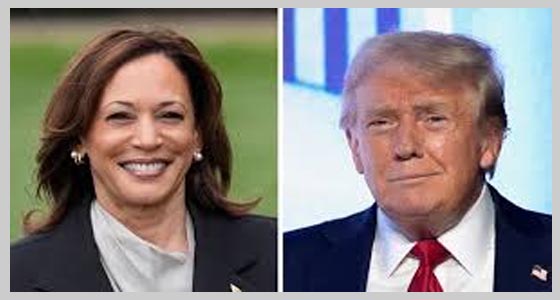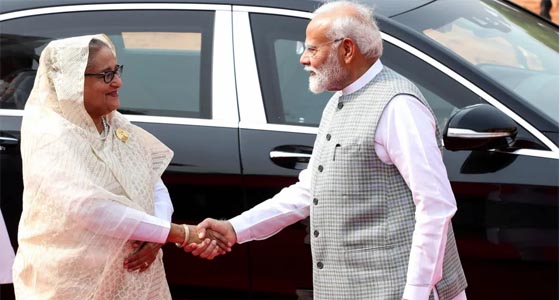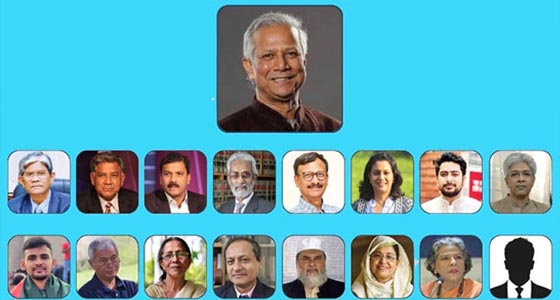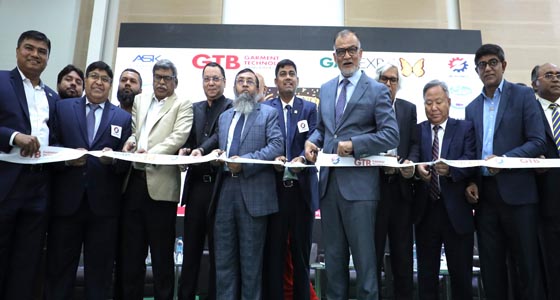Commentry : Some bureaucrats were masterminds of illegal activities of Hasina’s govt, many still in office
- Last Update : 12:06:09 pm, Sunday, 1 September 2024
- / 1263 Read Count
By Hemayet Hossain
Former prime minister Sheikh Hasina brought huge changes in the arena of power in the last decade and a half. In this, bureaucrats were taking and implementing development projects, and taking all important decisions of the government.
Ministers followed the path shown to them, performing the functions of the government. As a result the bureaucrats became Sheikh Hasina’s party forces and in terms of promotion or appointment to important positions, only her trusted bureaucrats got priority.
In every crisis of government, bureaucrats were at the forefront of policy decision-making and politicians were at the margins. Bureaucrats not only make the final decisions, but also implement most of those decisions. Although traditionally politicians are supposed to do that. Even during the pandemic, almost all decisions have been taken by the bureaucrats without consulting the political leaders, from the lockdown to the distribution of relief to the affected and the closure of educational institutions and other institutions.
What is bureaucracy? Literally, bureaucracy is a system of government in which permanent government officials manage all the activities of the government through division of responsibilities. Bureaucrats are not representative of the people or elected by vote. As a result, even if the political government changes, bureaucrats do not lose their posts.
The English equivalent of Bureaucracy is Bureaucracy. And the root of bureaucracy is from the French word. The French word bureau means desk or office. The Greek word kratos means rule or political power. The term was first coined by the French economist Jacques Cléande Marie Vincent de Gourney in the mid-seventeenth century. He coined the term as a satire.
Although bureaucracy in Bangladesh became the alternative government system of Sheikh Hasina. Bureaucrats were the masterminds of many illegal activities of the Sheikh Hasina government, including rigging in national and local government elections, corruption in the name of implementing development projects, looting in the banking and power sectors. Most of these bureaucrats have large assets outside the country and second citizenships. As a result, many people are living permanently outside the country after retirement from work.
On the other hand, many of the controversial bureaucrats are still in office. Although the interim government canceled the contractual appointments of some, most of the bureaucrats are still employed.
Besides, some who retired are getting new postings. One of them is Mohammad Muslim Chowdhury. He was the former finance secretary and former chief auditor and controller (CAG) of the government. Yesterday, he was appointed as the chairman of the state-owned Sonali Bank on contract for three years.
The reserve was stolen when Muslim Chowdhury was secretary of the finance department. Besides, as CAG, it was not possible to release any kind of government funds without his signature. That is, he cannot avoid the responsibility of Sheikh Hasina’s government’s corruption.
Besides, he took the initiative to hand over the management of Chittagong port to foreigners in public-private partnership (PPP) and the universal pension scheme is also called his brain child. Ahmad Kaykaus, who was Sheikh Hasina’s trusted bureaucrat. He served as Secretary of Power Department for a long time. He was one of the owners of corruption in giving licenses to more than half a hundred power plants without tenders and giving these licenses.
The trusted aide of State minister for Power Minister Nasrul Hamid is also said to be the mastermind behind the power deal with Adani. He was later promoted as Principal Secretary to the Prime Minister but had direct control over the Power Department.

















